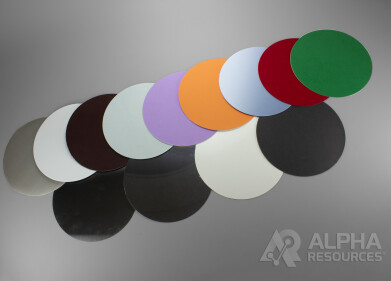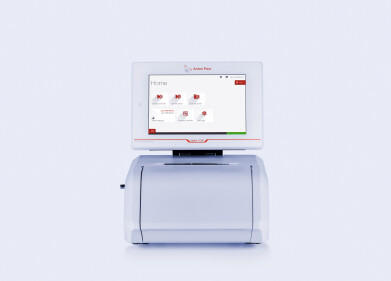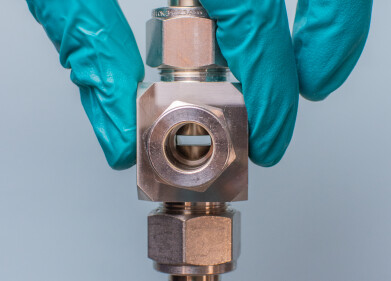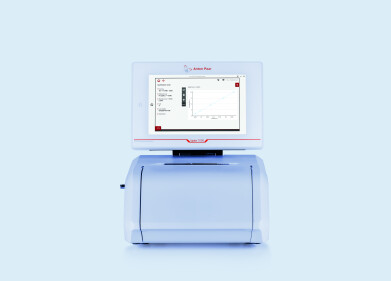Mass Spectrometry & Spectroscopy
4 Key Considerations for Cannabis Testing & Analysis
Mar 18 2022
Like other specialised testing and analysis facilities, medical cannabis laboratories are purpose-built to support the niche sector. Read on to find out more about the key considerations considered when designing and setting up cannabis testing labs.
1. Types of tests being performed
The types of tests being performed will ultimately determine how the laboratory is set up and what instruments are needed. For example, a laboratory specialising in cannabinoid analysis will be equipped with technology designed to isolate and identify different chemical compounds. With more than 100 to differentiate, this is no easy task.
High Performance Liquid Chromatography (HPLC) is one of the most widely used methods for separating, identifying and quantifying cannabinoids. Labs specialising in this technique are generally equipped with state-of-the-art HPLC systems. Gas Chromatography (GC) is another common method used to detect cannabinoids, including THC and CBD.
Recently, the use of reversed-phase high-performance liquid chromatography coupled to an ultra violet detector (RP-HPLC-UV) has been adopted as a fast and efficient way to detect a variety of cannabinoids. Labs offering this service rely heavily on RP-HPLC-UV systems.
2. Volume of testing taking place
Medical cannabis analysis labs must also factor in the volume of testing taking place when designing setups. For labs analysing large numbers of samples, it’s worth investing in high-throughput systems to maximise speed and efficiency.
Built using LC-UV technology, the Raptor ARC-18 by Restek is an example of a high-throughput system used to analyse cannabis samples. Using a simple and isocratic method, the system has the capacity to separate 16 cannabinoids in under 10 minutes.
3. Local and regional regulations
Local and regional regulations play a big role in how cannabis testing and analysis laboratories are set up and what they’re capable of. Laws and legislations can vary significantly between countries and often, between regions. In the USA, many states enforce their own unique regulations. As a result, medical cannabis testing and analysis labs must have an in-depth understanding of not only federal regulations but also laws specific to the state in which they operate.
4. ISO/IEC 17025 specifications
Most laboratories aim to design systems that meet ISO/IEC 17025 specifications. The standard is widely recognised as an international benchmark for technical competency in testing, sampling and analysis. Cannabis testing labs with ISO/IEC 17025 accreditation are highly respected and can be trusted to deliver accurate and reliable results.
While there’s been an increase in the uptake of medical cannabis over the past decade and taboos are starting to dissolve, the flowering plant remains a controlled substance in most countries. As a result, testing and analysis is strictly regulated. Find out more about the industry and the challenges faced by labs in ‘Medical Cannabis - Testing, Analysis & Identification.’
Digital Edition
Lab Asia 31.6 Dec 2024
December 2024
Chromatography Articles - Sustainable chromatography: Embracing software for greener methods Mass Spectrometry & Spectroscopy Articles - Solving industry challenges for phosphorus containi...
View all digital editions
Events
Jan 22 2025 Tokyo, Japan
Jan 22 2025 Birmingham, UK
Jan 25 2025 San Diego, CA, USA
Jan 27 2025 Dubai, UAE
Jan 29 2025 Tokyo, Japan



















